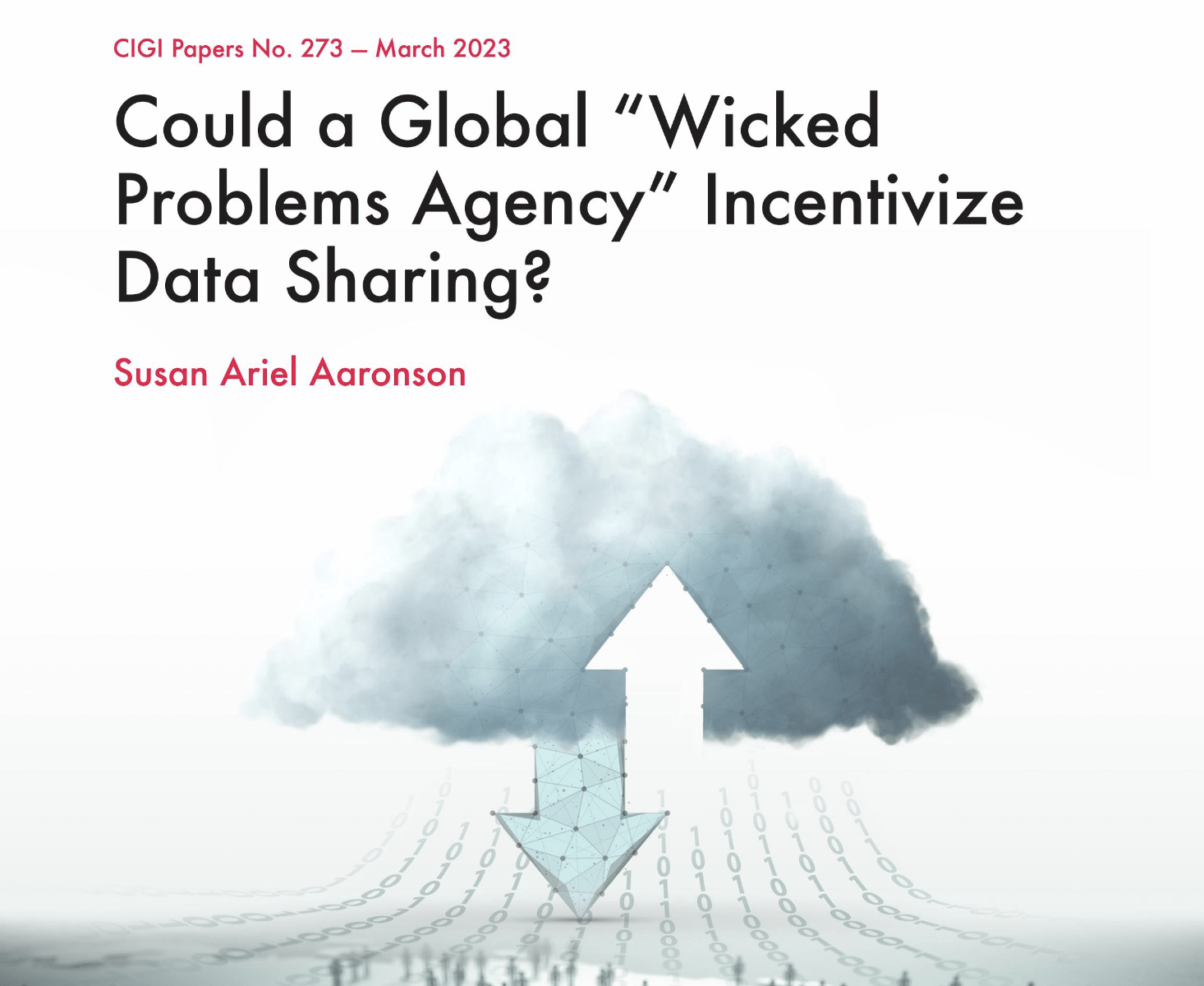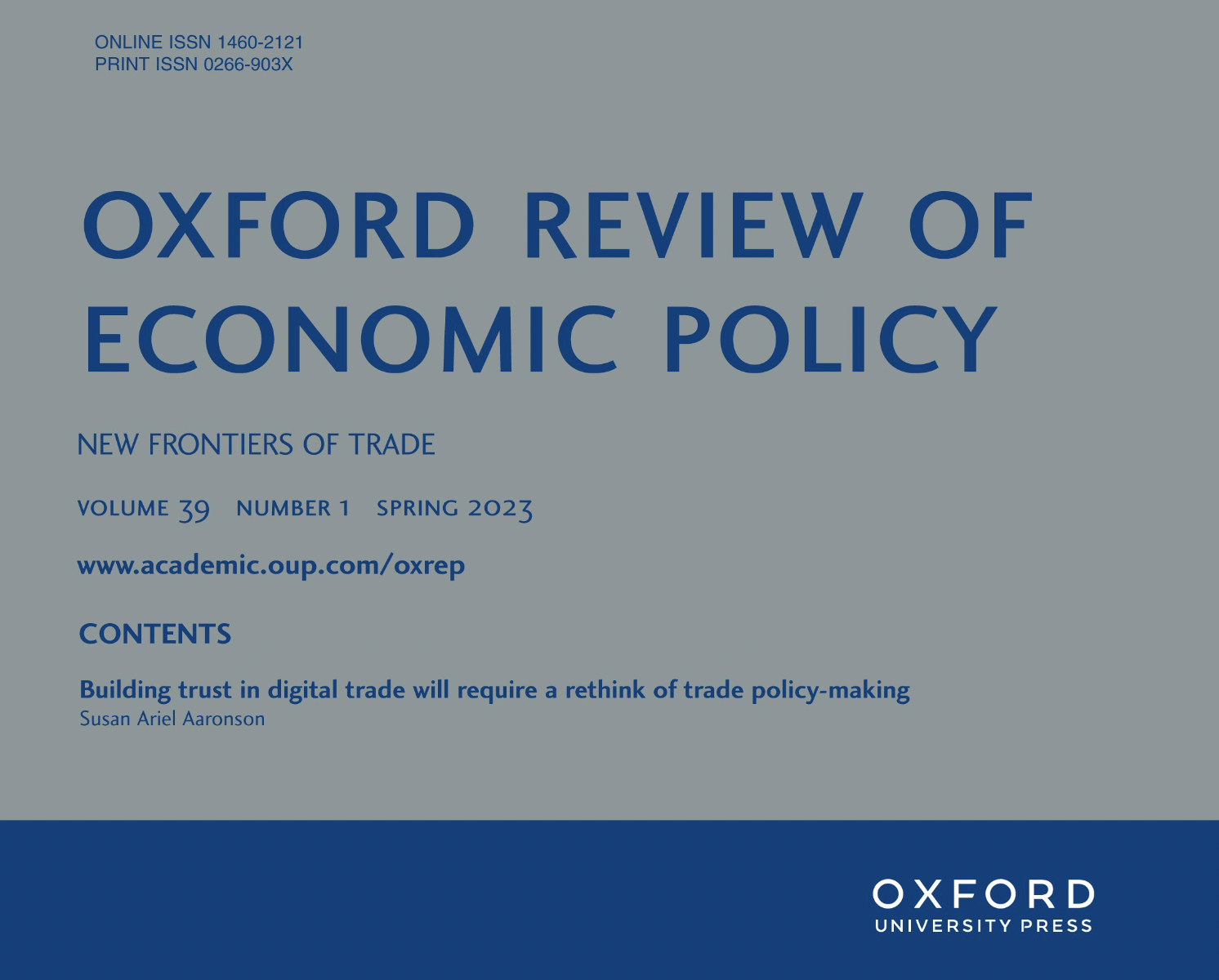When the World Trade Organization (WTO) decided in 2024 to produce a report on the trade implications of artificial intelligence (AI), it set out to answer two key questions: How can the WTO help ensure that the benefits of AI are widespread? And, how can the challenges surrounding AI be addressed in a globally coordinated manner? This paper analyses the WTO’s findings and explores how AI is prompting a re-examination of trade rules as well as how and what nations trade. Following an analysis of the trade and technology relationship, the author then discusses how AI poses challenges to how trade is conducted and the current rules system. The author’s recommendations for the WTO include partnering with civil society groups that have expertise in competition policy and data governance; doing research on trade-related global issues; and using trade policy reviews to better understand global data markets.
Read More Publications
AI and Trade: The WTO’s Thoughtful but Incomplete Assessment
When the World Trade Organization (WTO) decided in 2024 to produce a report on the trade implications of artificial intelligence (AI), it set out to answer two key questions: How can the WTO help ensure that the benefits of AI are widespread? And, how can the...
Public Concerns About AI Are Getting Lost in Translation
Artificial intelligence (AI) is playing an increasingly important role in people’s lives, which has led to growing calls for AI regulation. Although the public has strong opinions on AI, getting policy makers to listen often leads to citizens’ concerns getting “lost...
Do AI Chatbot Firms Practice What They Preach?
This study examines whether leading AI chatbot companies implement the responsible AI principles they publicly advocate. The authors used a mixed-methods approach analyzing four major chatbots (ChatGPT, Gemini, Deep Seek, and Grok) across company websites, technical...













